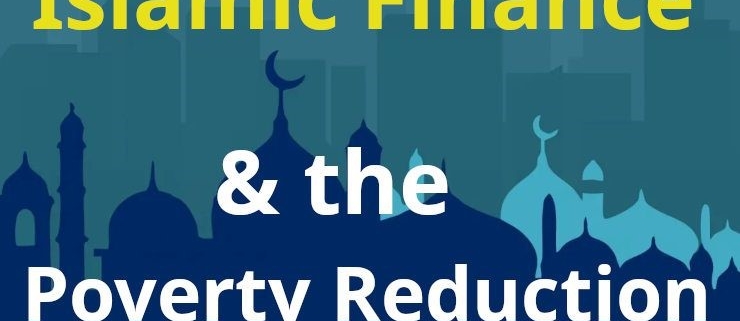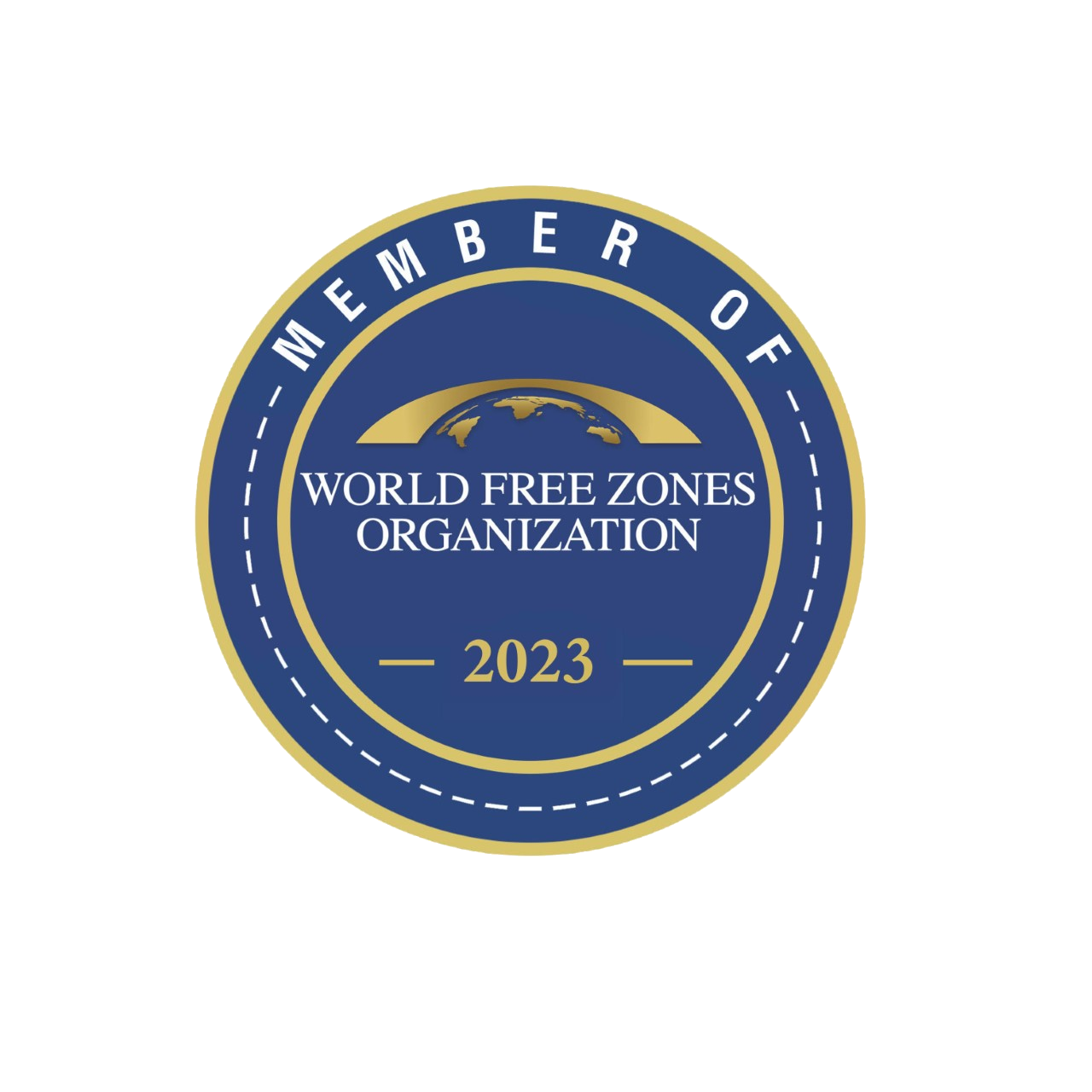Why Has Islamic Finance Not Been Able To Reduce Poverty in Muslim Countries?
By our Special Correspondent
Islamic finance is a financial system based on principles derived from the teachings of Islam. It aims to provide an alternative to the traditional, interest-based financial system, which is considered haram (forbidden) in Islam. One of the main goals of Islamic finance is to promote economic development and reduce poverty in Muslim countries. This is achieved by investing in socially responsible and ethical projects that provide a tangible benefit to society, and by sharing profits and losses among investors.
However, despite its noble goals, Islamic finance has faced numerous challenges in its efforts to reduce poverty in Muslim countries. In this blog, we will examine the principles of Islamic finance and the challenges it has faced in promoting economic development and reducing poverty in Muslim countries. We will also look at case studies of successful Islamic finance initiatives and consider ways in which Islamic finance can be better utilized to achieve its goal of reducing poverty and promoting economic development in Muslim countries.
Background on poverty in Muslim countries
Poverty is a persistent problem in many Muslim-majority countries. According to the World Bank, over 30% of the population in Muslim-majority countries lived below the international poverty line of $1.90 per day in 2015. This is a higher poverty rate than the global average of 9.2%.
Several factors contribute to poverty in Muslim countries. One major factor is conflict and insecurity. Many Muslim-majority countries have experienced ongoing conflicts or civil wars, which have disrupted economic activity and led to the widespread displacement of people. These conflicts have also disrupted the delivery of basic services such as education and healthcare, which can further exacerbate poverty. Read more>>





Leave a Reply
Want to join the discussion?Feel free to contribute!